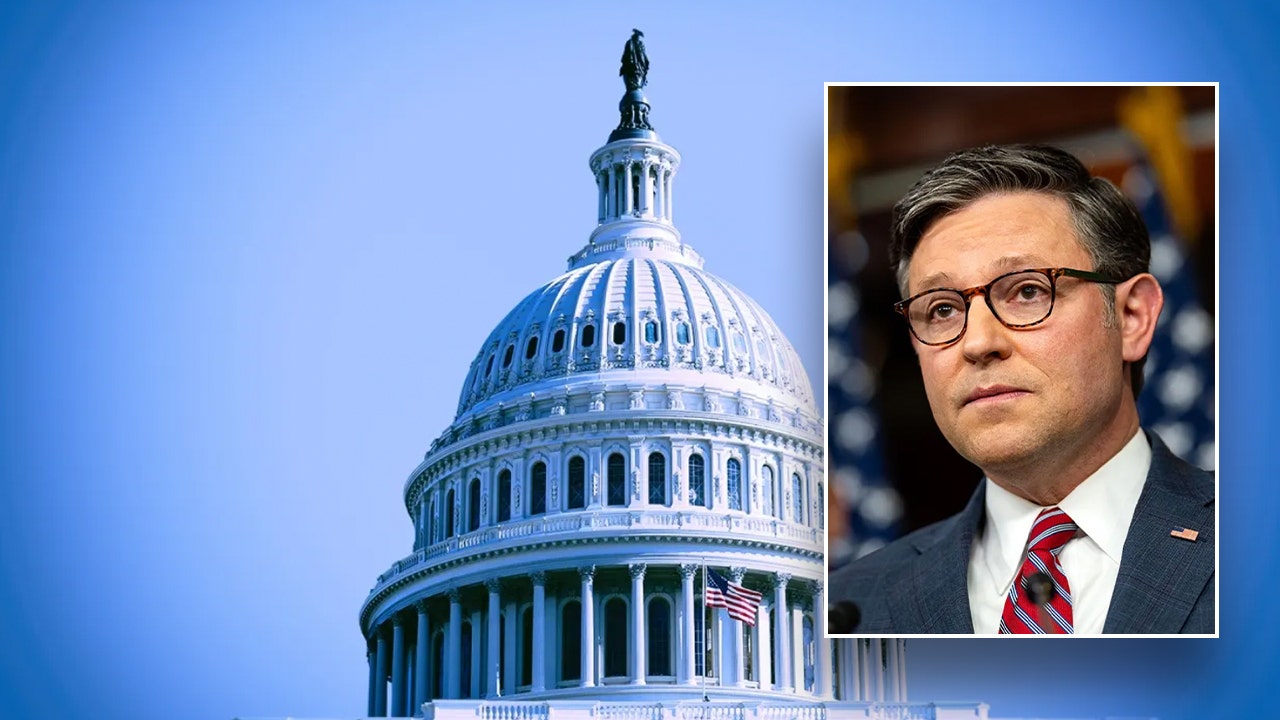House passes funding bill with just hours until government shutdown

The House of Representatives has successfully passed a bill to avert a partial government shutdown just hours before the midnight federal funding deadline. The bill, which required approval from two-thirds of the chamber, passed with an overwhelming majority in a 366 to 34 vote. All Democrats voted in favor of the bill, with the exception of Rep. Jasmine Crockett, D-Texas, who voted “present.”
Lawmakers were faced with uncertainty after an initial bill was rejected by President-elect Trump and his allies on Wednesday, and a subsequent bill approved by Trump failed on the House floor on Thursday.
Despite Trump’s silence on the latest measure, many House Republicans interpreted it as a sign of approval. Speaker Mike Johnson, R-La., expressed optimism after days of uncertainty, assuring reporters that there would be a House-wide vote on Friday to prevent a government shutdown.
The legislation, if approved by the Senate, would extend current government funding levels through mid-March, along with providing just over $100 billion in disaster relief aid for victims of storms Helene and Milton, as well as assistance for the agriculture industry.
House Speaker Johnson utilized a maneuver known as “suspension of the rules” to fast-track the legislation straight to a chamber-wide vote. However, the passage threshold was raised to two-thirds of the House chamber, underscoring the importance of Democratic support.
While Rep. Thomas Massie, R-Ky., expressed his opposition to the bill, many Republicans believed that Speaker Johnson had reached an agreement with House Minority Leader Hakeem Jeffries, D-N.Y. President-elect Trump and Elon Musk were perceived to be supportive of the deal, according to some Republican lawmakers.
The initial spending bill, which aimed to avert a partial shutdown, was rejected by Trump and Musk due to perceived unrelated measures attached to the bill. The second iteration of the funding deal, which excluded controversial provisions but included disaster aid funding, also faced resistance and did not pass.
Speaker Johnson assured House GOP leaders that the debt limit would be addressed early next year as part of Republicans’ plans for significant policy and spending reforms. President Biden has expressed his intention to sign the bill into law if it successfully passes the Senate.
In conclusion, the House’s passage of the bill signifies a crucial step in averting a potential government shutdown and providing much-needed relief to disaster victims and the agriculture industry. The Senate’s upcoming vote will determine the fate of the legislation, with hopes that a resolution will be reached to ensure the continuity of essential government services.




